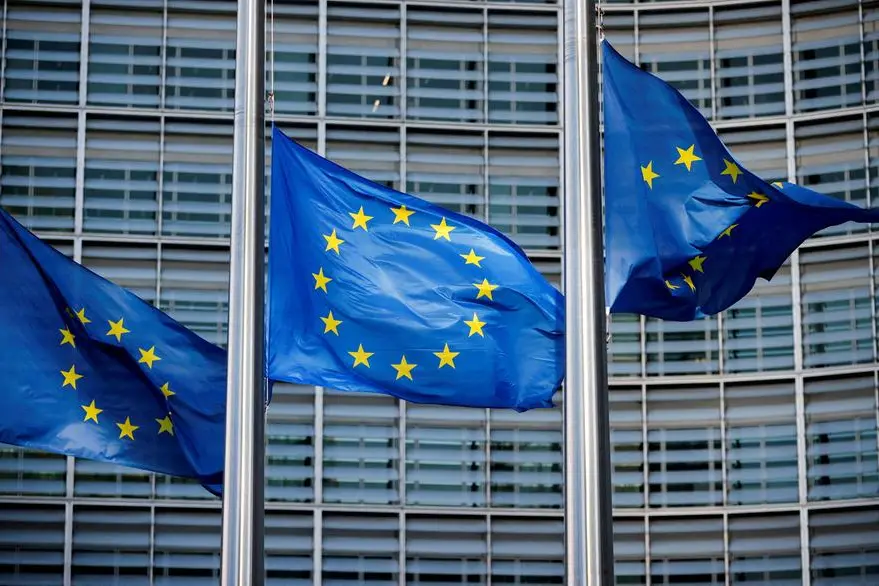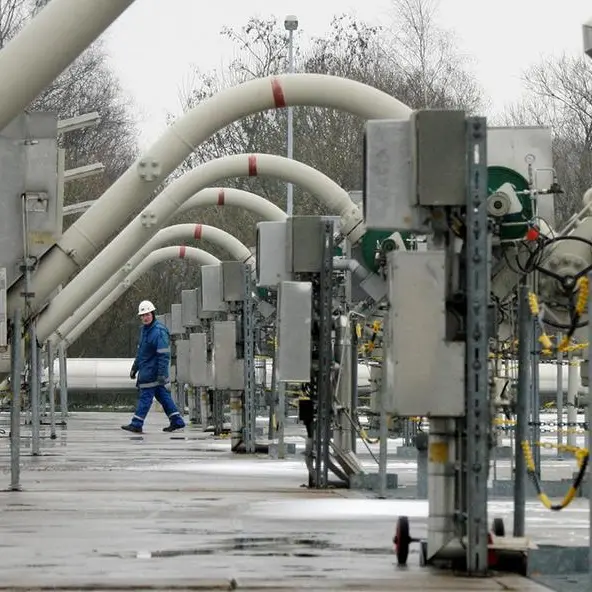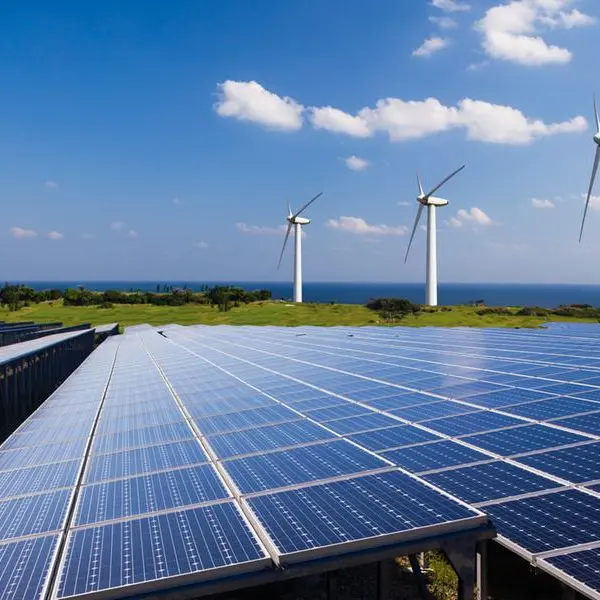PHOTO
The EU Parliament on Tuesday gave its final approval to new rules to cut pollution from livestock farms, but only after agreeing with EU countries to make the law far weaker than initially planned.
The law will tighten limits for farms and factories on waste disposal and polluting gases to attempt to reduce damage to the environment.
The Parliament passed the law by 393 to 173, with 49 abstentions. European Union member states must give their final approval before the law can take effect.
The law will not cover intensive cattle farming after EU lawmakers and countries agreed to scrap this part of the European Commission's proposal. Instead, the Commission must assess by 2026 how to address emissions from cattle farming.
That's despite cattle farming being the biggest emitter of ammonia - which the EU pollution law attempts to limit - within Europe's livestock farming sector, according to the European Environment Agency.
The law will cover pig farms with at least 350 livestock units - more than doubling the threshold the Commission originally proposed. The new limits, which apply from 2030, will cover poultry farms with more than 280 livestock units.
"Only 30% of the largest industrial scale pig and poultry farms would be in the scope of the revised directive," EU Environment Commissioner Virginijus Sinkevicius said.
The Commission's original proposal, from 2022, would have imposed the new limits on all cattle, pig and poultry farms with over 150 livestock units - around 185,000 of Europe's largest farms.
The EU is scrambling to respond to months of protests by farmers over issues including cheap imported food and green policies.
To attempt to calm the protests, Brussels has weakened some green measures - despite the EU's own environment agency warning that more, not fewer, climate-protecting policies are needed to help farmers adapt to worsening extreme weather.
Countries including Bulgaria, Germany, Italy and Poland had pushed for fewer farms to be included in the pollution policy, saying the original plan was unrealistic and burdensome.
(Reporting by Kate Abnett Editing by Mark Potter)





















